Shocking crime where victims are blamed
In just over an hour, an Australian mum lost $20,000. What the bank did next made her daughter’s “blood boil”.
An Australian daughter is furious at the treatment of her mum, who lost her life savings in a scam, arguing that scam victims are treated appallingly as they are accused of being careless rather than classified as victims.
Her mum Sylvie Leber was tricked into downloading software from someone pretending to be from the NBN who then accessed her Bendigo Bank account, despite her never giving out passwords or a pin code, she said.
In just half an hour the $20,000 was lost forever.
Daughter Colette Leber has taken up the battle to get her mum’s money back from the bank.
“There should be no difference between getting robbed in real life and robbed through a scam or remote access scam,” she told news.com.au.
“If someone comes to your house pretending to be from the NBN and robbed you, you are the victim. But if you are tricked into letting them into your computer, you are not the victim but you are careless.”
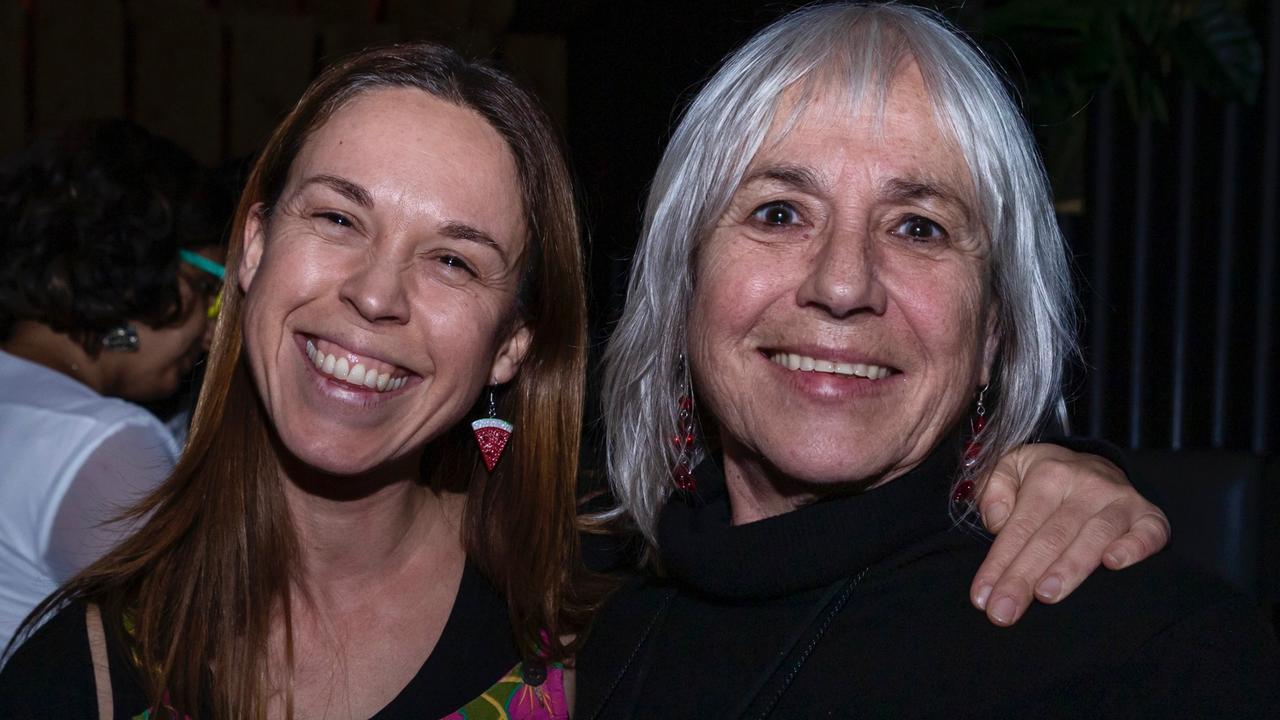
Sylvie said the scam had left her shocked and in a dark place and she was surprised at the speed at which everything went wrong.
The week before she got a scam call on her landline she had contacted her internet provider about problems, so no alarms bells rang when she was told the caller was from the NBN.
The Victorian woman was asked to download a program called Anydesk “which is a perfectly legit and not a dark web app”, she added.
“I felt it affected my self esteem — you got sucked in and make a mistake. I was surprised that it happened so quickly, it happened after half an hour with a whole lot of different transactions,” she said.
The payments had been made via OSKO, which essentially allows money to be transferred almost instantly.
Have you been a victim of a scam? Contact sarah.sharples@news.com.au
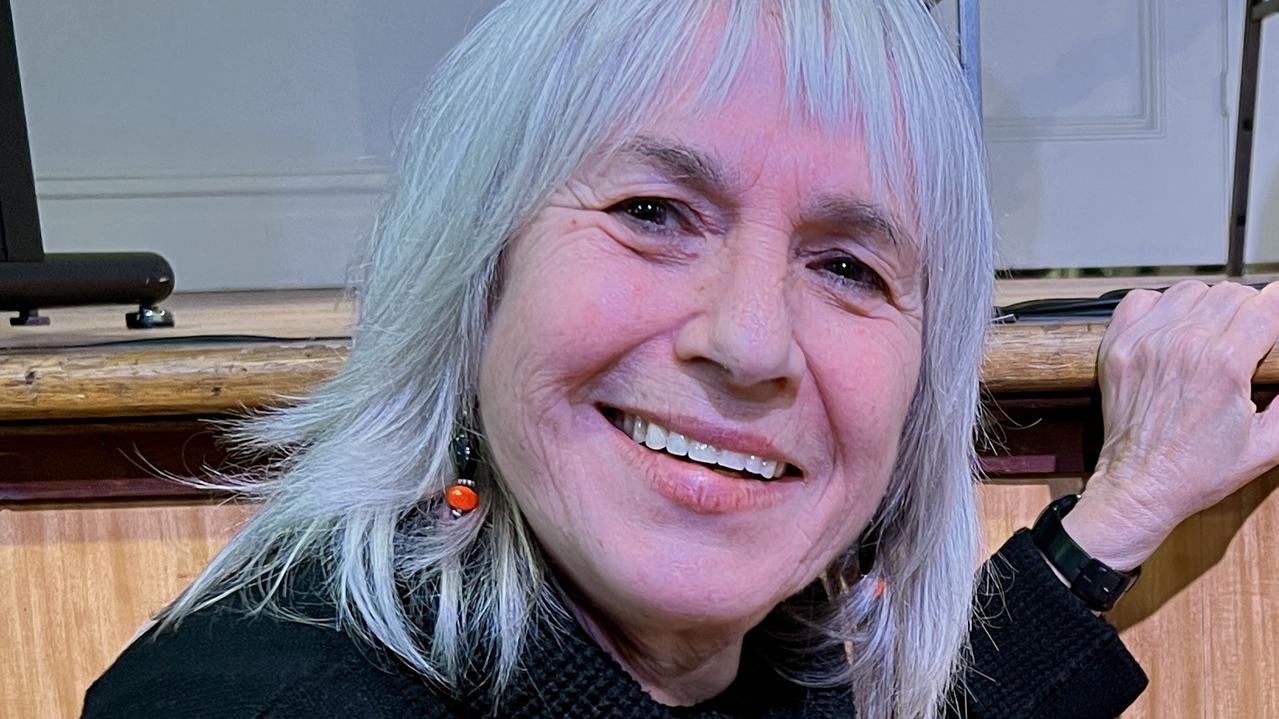
Sylvie said she was disappointed that Bendigo Bank accused her of “extreme carelessness” after being a loyal customer for 30 years and having not given out any passwords or pincodes.
But she questions what protections were in place and believes her money would have been safer stuffed under a mattress.
“They should have stopped the transactions,” she added. “They were fast, quick transactions but people I had never paid money to. Their technology should have picked up that something unusual was happening and there were amounts of between $2000 and $5000 in a very quick period taken out.”
Bendigo Bank initially made a goodwill offer of $2500 to Sylvie which has gone up to $7000 since she took the matter to the Australian Financial Complaints Authority (AFCA).
But along the way Colette has uncovered a little known fact — that banks have to pay up to $13,000 per customer to AFCA to go through the complaints process.
“The Ombudsman decision costs $9300, so essentially the bank has already paid just over $3000, and if they go the whole way they are paying AFCA $12,000 plus other normal fees to give their customers nothing,” she said.
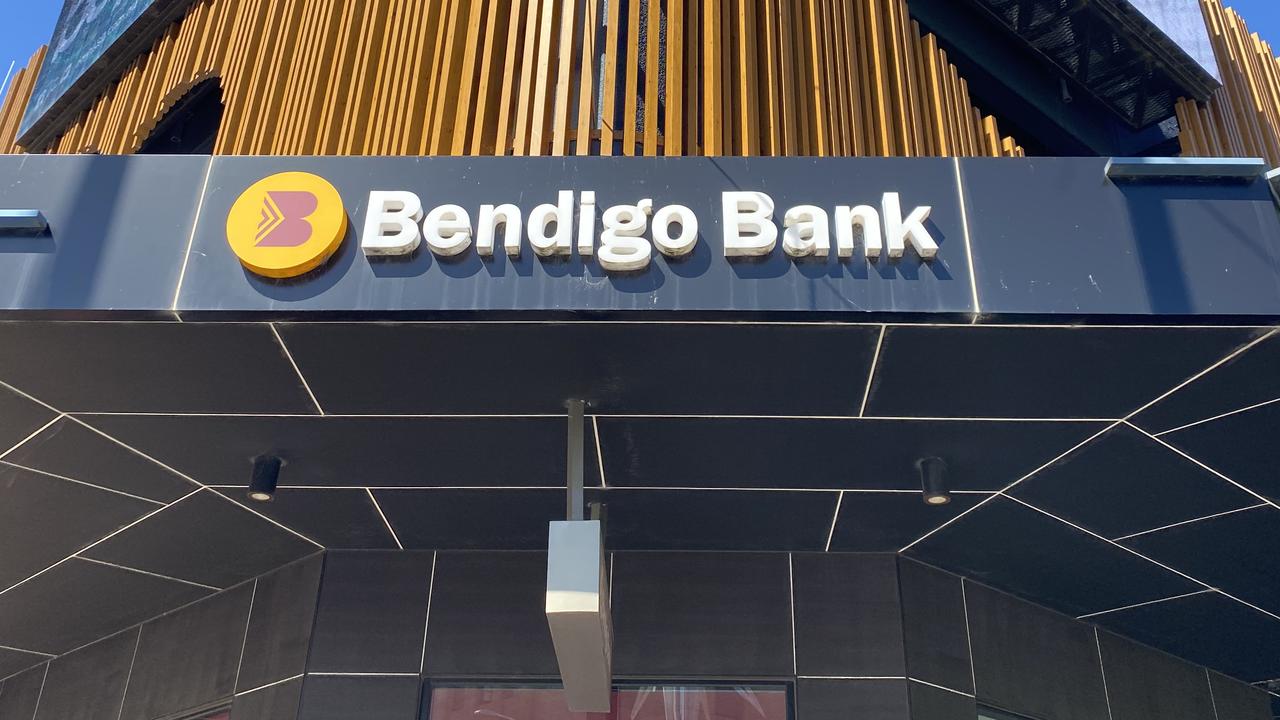
She questions why banks battle their customers instead of offering them this money as compensation, particularly as many like her mum are “traumatised” from being scammed. Sylvie was scammed in March and she still doesn’t have a resolution to her case.
Colette said the dispute resolution system is also complex to navigate and she feels her mum is “rolling the dice” if she refuses to accept the $7000 offer.
She said it makes her “blood boil” at all the vulnerable people being scammed and left to try and pick up the pieces.
Colette also can’t get any answers from Bendigo Bank on how they decide on refunds to scam victims simply being told it’s on a “case-by-case basis” – which she said offers no transparency.
Both mum and daughter want to see the Australian government introduce the same world leading legislation that came into force in the UK in October requiring banks to repay their customers’ scams losses, except in limited circumstances.

Colette is scathing of the fast payment method and said there is no way of banks stopping transfers from scam victim’s accounts,” she said.
“If we had the UK model where banks have to pay back scam victims I guarantee that technology would exist,” she added.
“I’m a social worker and I’m absolutely outraged about the laws and how dodgy they are and the banks are totally protected. Even the new proposed Australia laws don’t include a UK model.
“Morally I don’t understand it. The government is just fine for scam victims to be chewed up by bureaucracy and not provide support. They should be assigned a victims of crime person, like any other crime.
“It’s not scam victims, it’s fraud but it’s treated as a completely different crime even though it’s one of the biggest growing crimes and it’s already huge. Banks and politicians are essentially in bed with each other and AFCA is limited.”
Last year, more than $2.74 billion lost were lost of Australians to scams.

Colette is also higher critical of banks putting short deadlines on their goodwill offers.
“Banks don’t have to do anything and they are horrible,” she said.
“They give tight deadlines to make decisions about goodwill payments under duress when people are already hyper stressed and don’t know what to do.”
Sylvie also said its rare for AFCA to rule in favour of a scam victim making the process feel “hopeless”.
“Banks are rich they can afford to pay people like me $20,000,” the pensioner said.
The 74-year-old, who has no longer with Bendigo Bank, said she wants to see the laws changed to make Australian banks more accountable for protecting their customer’s money just like the UK has done.
“A lot of people who work in the scam industry are enslaved in Asia and they are slave labour camps where they are basically kidnapped almost,” she added
“They have passports taken off them and not allowed to travel and do what the head honcho, the criminal gangs tell them to do and that’s also another sad aspect of the scamming industry.”
Sylvie said she has also think “ageism” exists where people just assume older people are stupid and get scammed, but she installed a legitimate program and didn’t hand out her password.
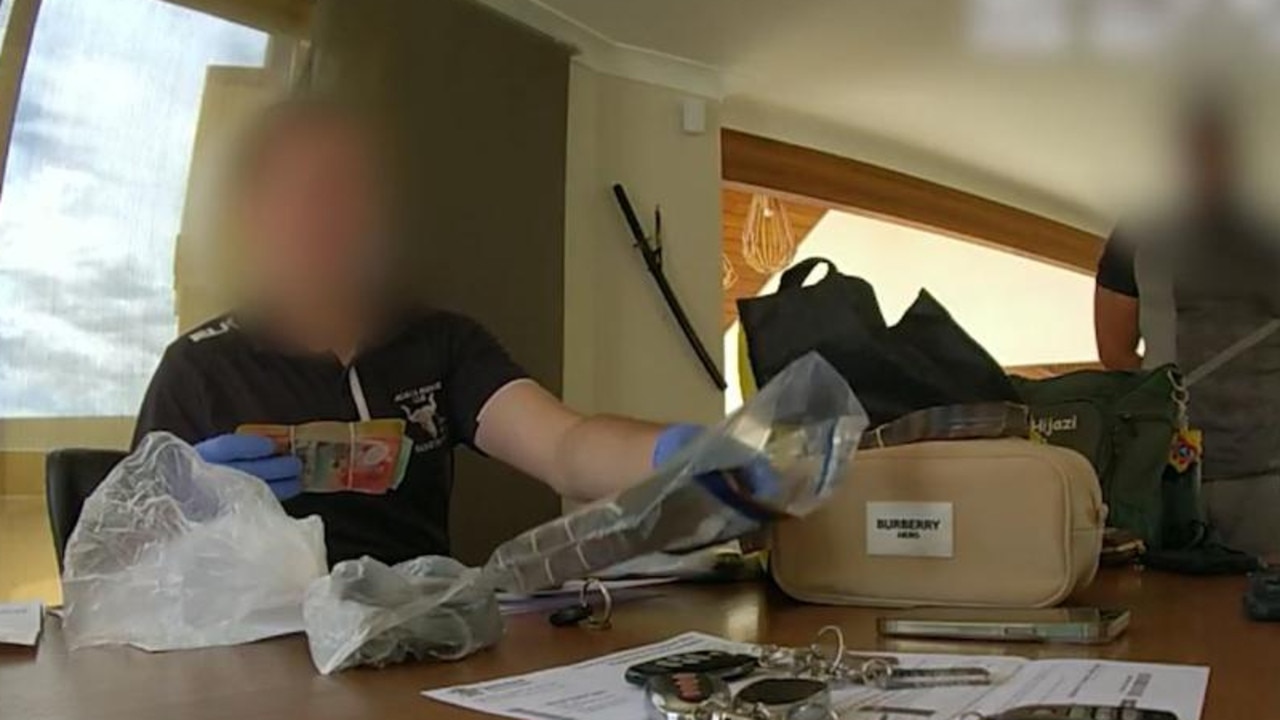
Colette claimed her mum’s account was drained from a device she never uses to access her internet banking.
A Bendigo Bank spokesperson did not respond to news.com.au’s specific questions about the AFCA process and paying money to the dispute resolution service if it takes the matter to a final decision rather than scam victims.
Instead the spokesperson said Bendigo Bank protects the privacy of its customers and does not comment on specific matters.   
“Bendigo Bank takes cyber security very seriously, protecting our customers and safeguarding our systems with a variety of cybercrime prevention methods. By working together with our customers, we can even further reduce the incidence of scams and fraud,” they said.
“It is important customers take steps to protect themselves and do not share their passwords or allow someone they don’t know or trust to log in to their computer remotely, as it is extremely difficult to recover money that has been transferred to scammers.”   
Bendigo Bank attempts to recover funds lost to scams wherever possible and when it is at fault it will reimburse customers for the loss of funds, they added.
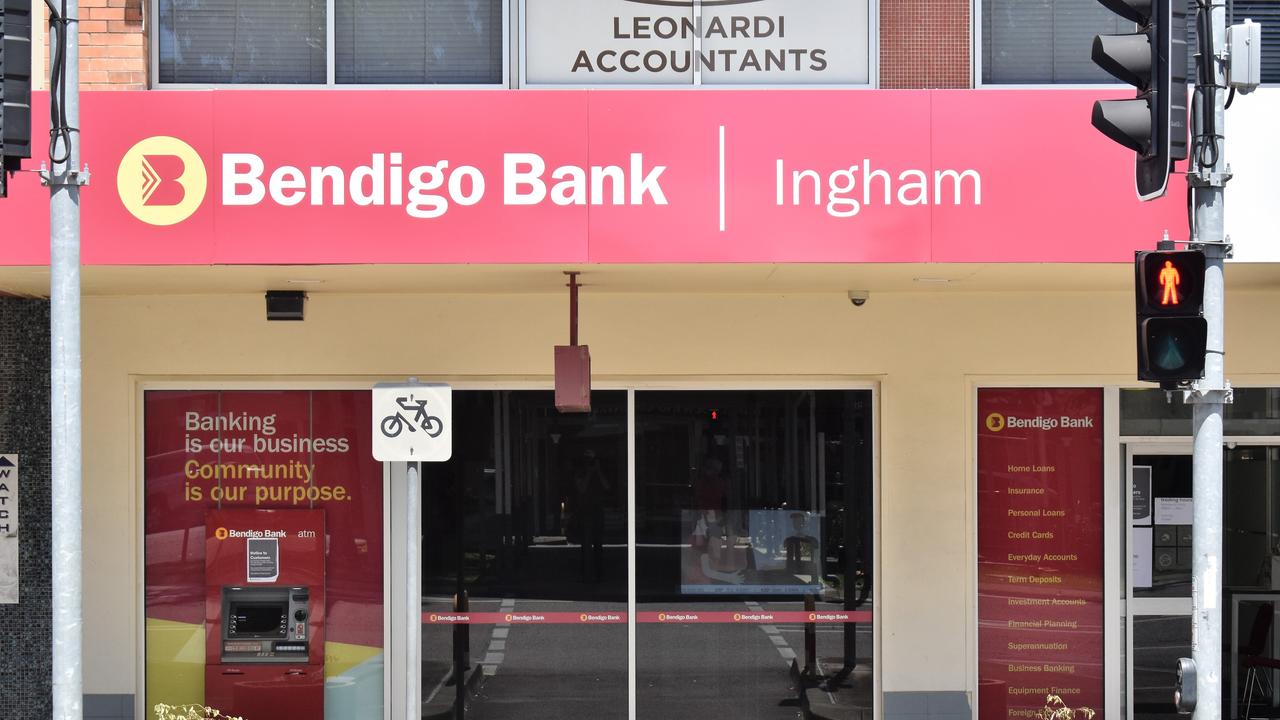
However, in Australia the big four banks reimburse only 7 per cent of scam losses, while smaller banks pay back an even smaller proportion of stolen funds.
The Bendigo Bank spokesperson also claimed each instance of fraud and financial crime is unique, and every scam loss is treated with equal care and consideration.
“Goodwill payments are sometimes made at the discretion of the bank and may take into account a variety of factors,” they said.
“Cyber fraud is a complex, growing, and ongoing challenge that we all must work together to combat. Bendigo Bank continues to work with our financial sector peers, fintech companies, government, regulators, and law enforcement agencies to combat what is an organised criminal activity.
In the financial year ending 30 June 2024, Bendigo Bank stopped $38.6 million in fraudulent transactions and has tightened transaction rules blocking high-risk payments to cryptocurrency exchanges, removed all unexpected links from SMS messages and significantly increased the size of its fraud prevention and response team, it said.
It has added more than 400 phone and fax numbers to our telco provider’s ‘do not originate’ list that will prevent scammers from impersonating our people, they spokesperson added.
Bendigo Bank has also recently introduced advanced security tool, NameCheck, which is now being used to screen all payments made by Bendigo Bank and Up customers whenever they enter the BSB and account number for a new payee, they noted.
sarah.sharples@news.com.au
Read related topics:Bank Scams






